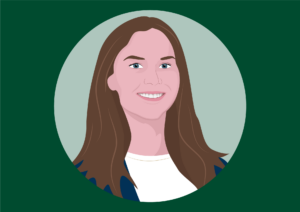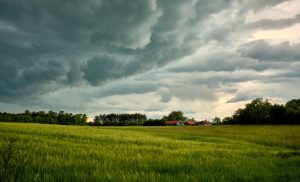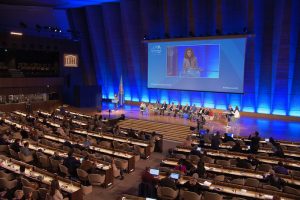Groundwater mapping, transparency and education for improved water governance
Discussion
The presentations were followed by a Q&A with the audience. The discussions delved into various aspects of groundwater management, data accessibility, and public engagement.
Access and transparency of data
The panel discussion was initiated by an audience question, seeking recommendations for open access data methodologies or tools to address issues on oversight of groundwater flow due to data gaps, particularly in the MENA or Africa regions.
Several speakers acknowledged the significance of open access data and mentioned Denmark’s pioneering efforts in making such data available.
Several speakers acknowledged the significance of open access data and mentioned Denmark's pioneering efforts in making such data available.
Sweden also invests in open access data. However, the speakers noted that in many other countries accessing such data can be challenging due to historical distrust between the public and government agencies. To tackle this issue, an educational approach is suggested, emphasizing the importance of the public and companies’ understanding the benefits of open data, as it increases the likelihood of data sharing.
Dahlqvist added to the discussion, highlighting challenges in Sweden regarding legislation that keeps the location of wells secret. This poses difficulties in openly sharing data related to groundwater.
Solutions for increased access
An audience participant suggested the formation of consortia to share solutions for free, to increase access to and transparency of groundwater data. Storm Hansen agreed that this is a crucial question, and mentioned ongoing efforts in international collaborations to address data accessibility challenges. However, due to differing approaches to data sharing and secrecy, creating a single global platform is challenging. This was echoed by Auken who hoped that, despite these complexities, ongoing initiatives could provide viable solutions for storing and accessing physical data.
Information and citizen science approaches
The speakers were asked about citizen science campaigns and initiatives to involve the public in monitoring groundwater levels.
All speakers emphasized the importance of making research more visible, engaging with the public, and educating about groundwater significance and protection.
Martin explained that an essential part of research projects is to communicate results and create awareness on groundwater. The speakers stressed the need for information campaigns, and Dahlin suggested involving research funding agencies to allocate more resources to groundwater-related research.
Transboundary groundwater management
Prompted by a question on the administrative aspects of transboundary groundwater contamination, and conflicts that can arise when waters are shared between municipalities or regions, Storm Hansen explained that issues related to contamination across municipal or regional limits are handled by the municipalities themselves. The approach varies depending on the municipality, and accountability conflicts between private and public actors can arise. Dahlin acknowledged the complexity of these issues, requiring collaboration and political agreements.









